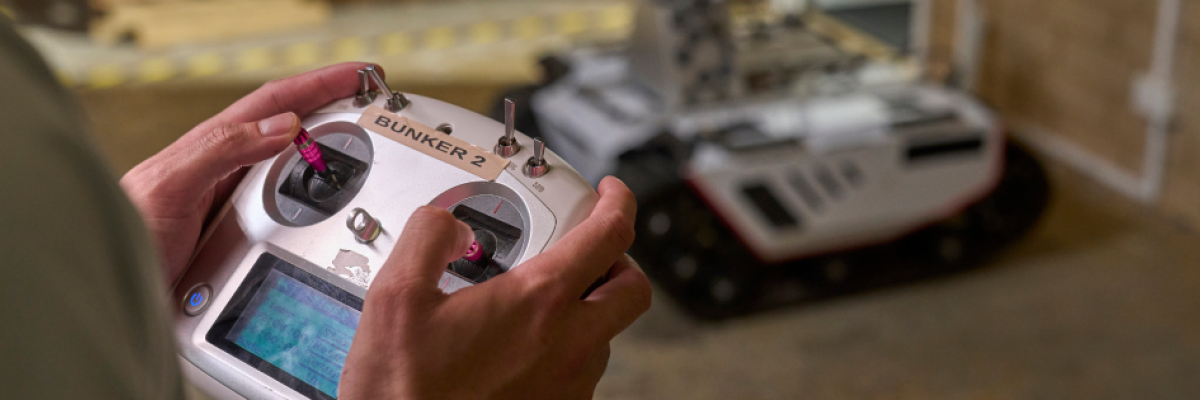Systems engineer


A systems engineer plays a vital role in designing and developing defence systems. Systems could be used in military aircraft and naval vessels, to meet the requirements of the Australian Defence Force. They analyse needs, design systems, test functionality, manage risks, and provide support throughout the systems' lifecycle. Systems engineers collaborate with experts, effectively communicate technical information, and ensure coordination for efficient operations.
“As a Systems Engineer I am responsible for providing a holistic perspective within our projects, to ensure that individual subsystems can be integrated together to achieve a capability which ultimately meets the customer and end-user needs. I collaborate with customers, stakeholders, and internal engineering teams to ensure that we are working towards a common goal.
The most rewarding thing about working in the defence industry is the opportunity to work with other like-minded people who want to deliver new and improved capabilities for Thales’ customers. Every day I get to work with people who are incredibly passionate and intelligent to come up with new, innovative ideas to support the Australian Defence Force and industry.”
This profile was correct at the time of publishing.

These skill sets provide focused and specific training to develop your skills, knowledge and expertise in a particular area. They may contribute to the completion of a VET qualification in a related field.
These qualifications provide pathways to higher education and achieving your desired occupation.
To become a systems engineer, you usually need to study a Bachelor or higher in:
Low end – $105,000
High end – $180,000
Source: Kinexus Defence Industry Insights Tenth Edition.
Low end salary is based on positions with 1–3 years of experience, and High end salary is based on 15–20 years of experience.
Total Salary Package = Full-time annual equivalent of base salary or rate plus statutory superannuation and any other remuneration applicable to the role (before tax).
Salaries may vary based on scope and level of responsibility. Certain occupations may experience higher total salaries than listed due to receiving bonus or commission payments.
For skill sets or qualifications not currently delivered by a Western Australian training provider, complete an Enquiry form to express your interest in future delivery.